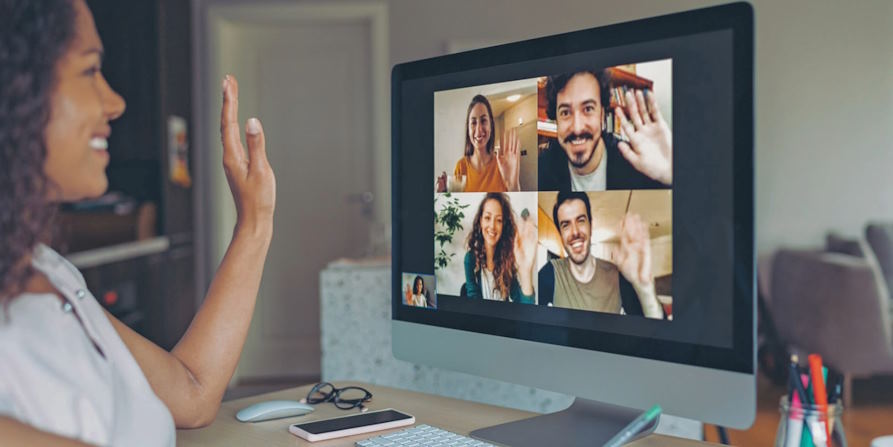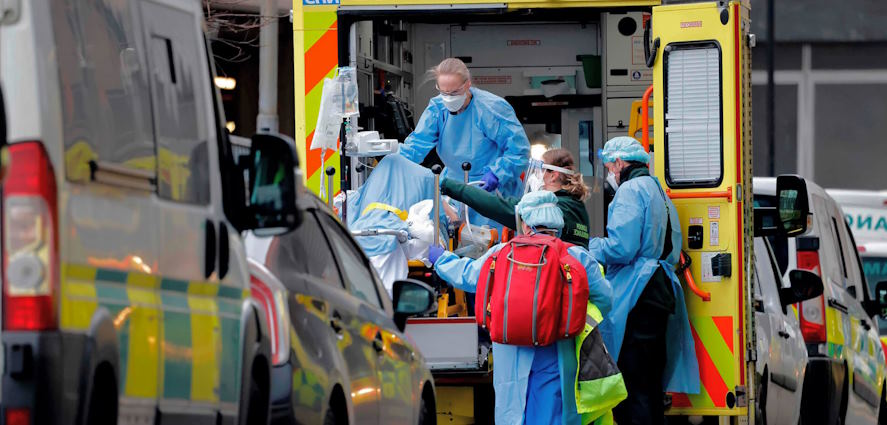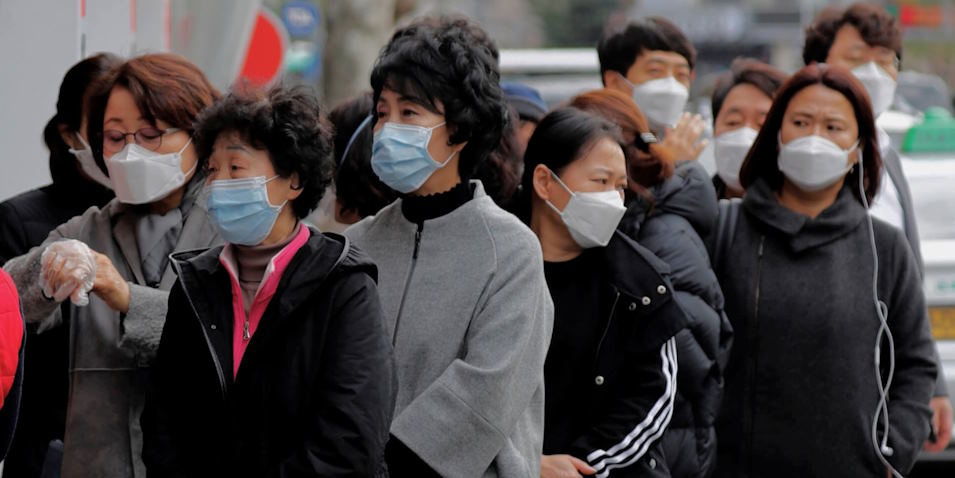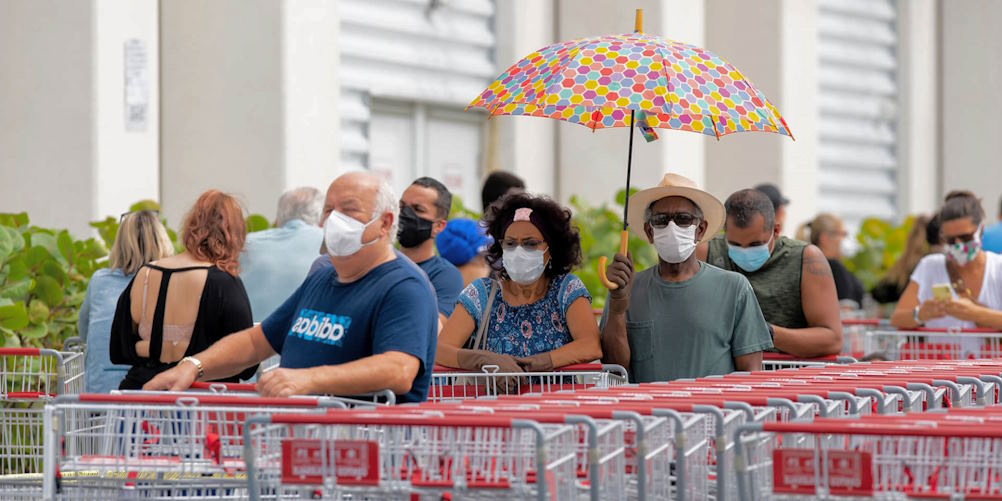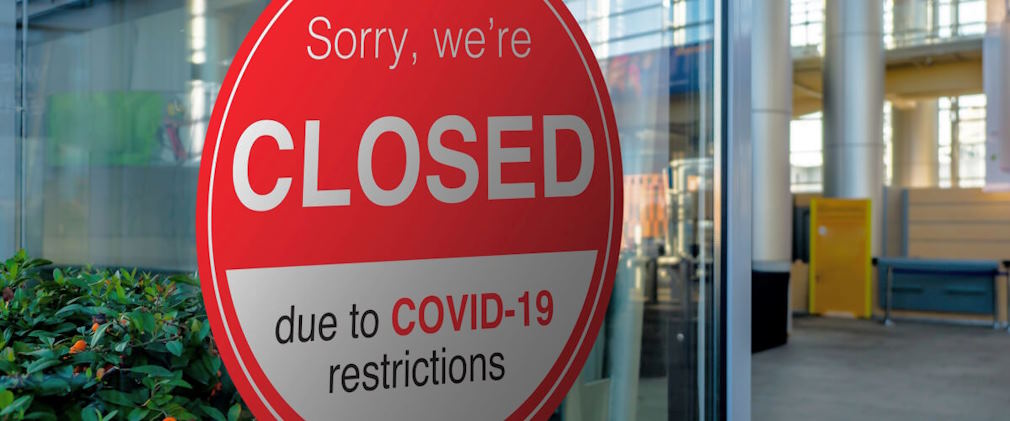The COVID-19 pandemic was a tough time for everyone. It didn’t just affect our bodies. It also made us feel very stressed, lonely, and worried.
What was the emotional impact of COVID-19?
The emotional impact of COVID-19 was profound, leading to widespread feelings of fear, stress, loneliness, and grief. Individuals faced heightened anxiety due to health concerns, isolation, and uncertainties. Healthcare workers experienced extreme stress and exhaustion while caring for COVID-19 patients. Children and adolescents faced disruptions to their routines and social lives, which could lead to feelings of frustration and uncertainty.
How did people manage to cope with such difficulties?
Maintaining Social Connections
During the pandemic, staying connected with loved ones became a lifeline for many. People turned to technology as a bridge to maintain relationships despite physical distancing. Virtual gatherings through video calls and online platforms allowed friends and family to see and hear each other, breaking the sense of isolation that lockdowns imposed. These interactions were essential not only for sharing news but also for providing emotional support during challenging times.
Online support networks and social media communities blossomed, enabling individuals to connect with like-minded people, share experiences, and find solace in knowing they were not alone in their struggles.

Self-Care Practices
Amid the stress and uncertainty of the pandemic, self-care became a cornerstone of emotional well-being. Exercise emerged as a powerful tool to combat anxiety and boost mood. Whether it was a daily walk in the neighborhood, home workouts, or virtual fitness classes, physical activity helped release pent-up tension and maintain a sense of normalcy.
Many also adopted healthier daily routines, including regular sleep patterns, balanced nutrition, and designated relaxation time. Establishing these routines not only nurtured physical health but also promoted emotional stability during a period of upheaval.
Seeking Professional Help
Recognizing the profound impact of the pandemic on mental health, a growing number of individuals sought professional assistance. Therapists, counselors, and mental health professionals were pivotal in providing guidance and coping strategies. They helped individuals navigate complex emotions, manage anxiety, and develop resilience.
Teletherapy, conducted through secure online platforms, made mental health support more accessible, ensuring that those in need could access help from the safety of their homes.
Acts of Kindness and Community Support
The pandemic spurred a remarkable outpouring of kindness and community support. Mutual aid groups, formed by neighbors and community members, offered practical assistance to those in need, from delivering groceries to providing emotional support. These grassroots efforts were a testament to the power of communities to come together during crises.
Hobbies
Hobbies emerged as powerful tools for coping with the challenges of the pandemic. Activities like gardening, cooking, playing musical instruments, DIY projects, and creative arts became outlets for emotional expression and distraction. They provided a sense of accomplishment and allowed people to explore their passions. These hobbies were crucial in maintaining emotional well-being during a difficult period.

